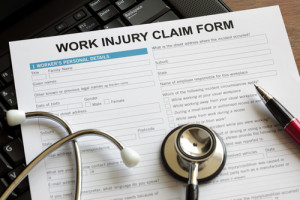
Not Receiving Proper Notice- Employees are required to notify their employers immediately after an incident occurs. For example, some states allow a 45 day grace period to report the injury or illness. If the employee fails to comply, the employer may be able to deny benefits.
Under the Influence- If the employee was under the influence of alcohol or illegal drugs at the time of the incident, this voids their eligibility for compensation.
Unrelated Causes- Injuries sustained while not on the job or prior to when the employee began work are not eligible for workers compensation benefits. For example, if an employee injured themselves on the way to work or worsened a minor injury they suffered on the job doing strenuous activity, their benefits might be denied or lessened.
Self-Inflicted or Intentional- According to WM Law, workers’ compensation laws generally prohibit claims for injuries that are intentional or self-inflicted, which can include injuries sustained in a fight that is started by the claimant.
Failure to Follow Procedure- It is required that the injured worker follow workers’ compensation procedures. This includes, but is not limited to, reporting the incident in a timely manner, attending doctor’s appointments, taking proper mediation, and updating the employer on diagnosis and recovery plans.
At Cal-Nevada Insurance Agency, we offer comprehensive workers’ compensation programs to cover your employees and your business. Our solutions are custom tailored with you in mind in order to provide you with peace of mind. For more information, contact us today at (866) 670-5948.

